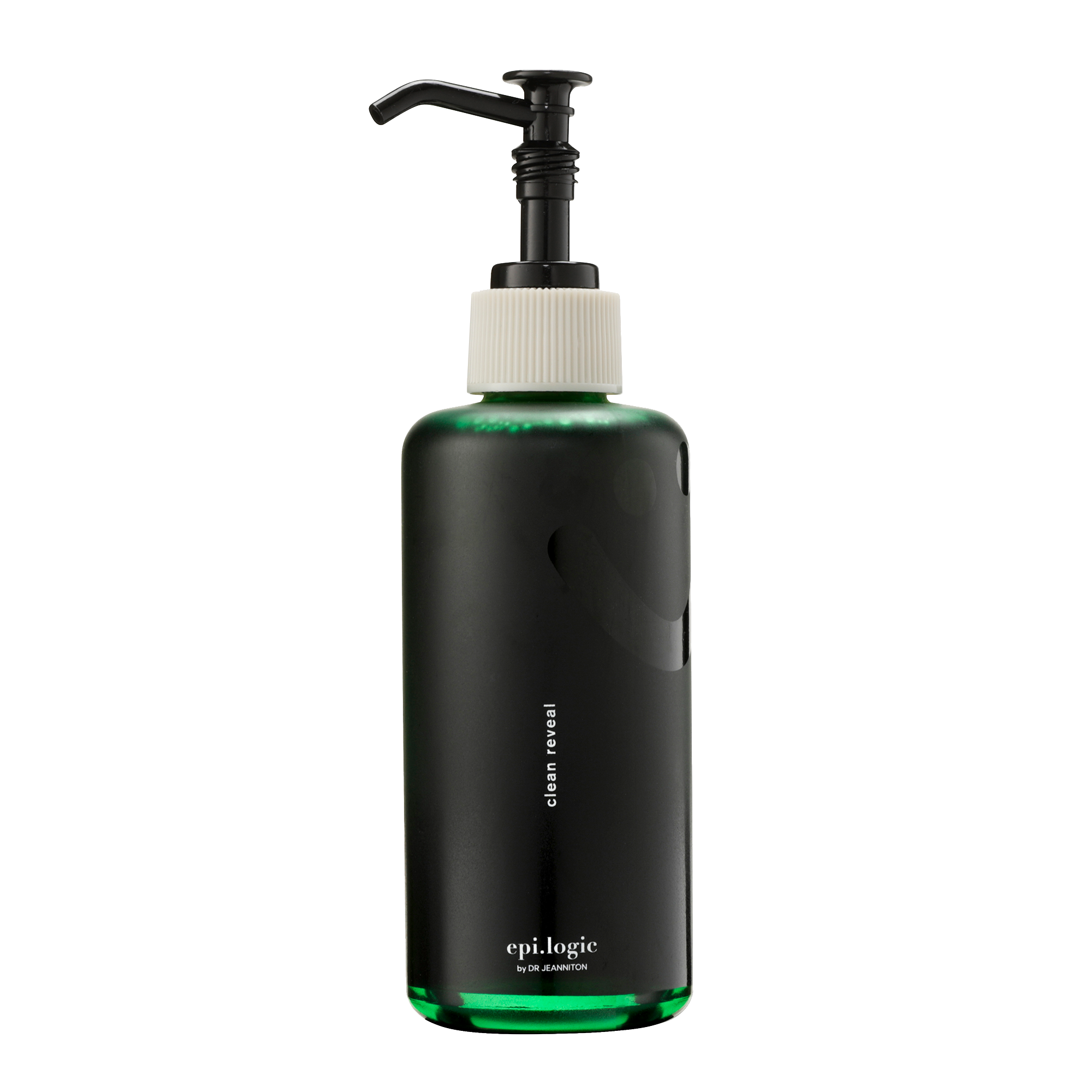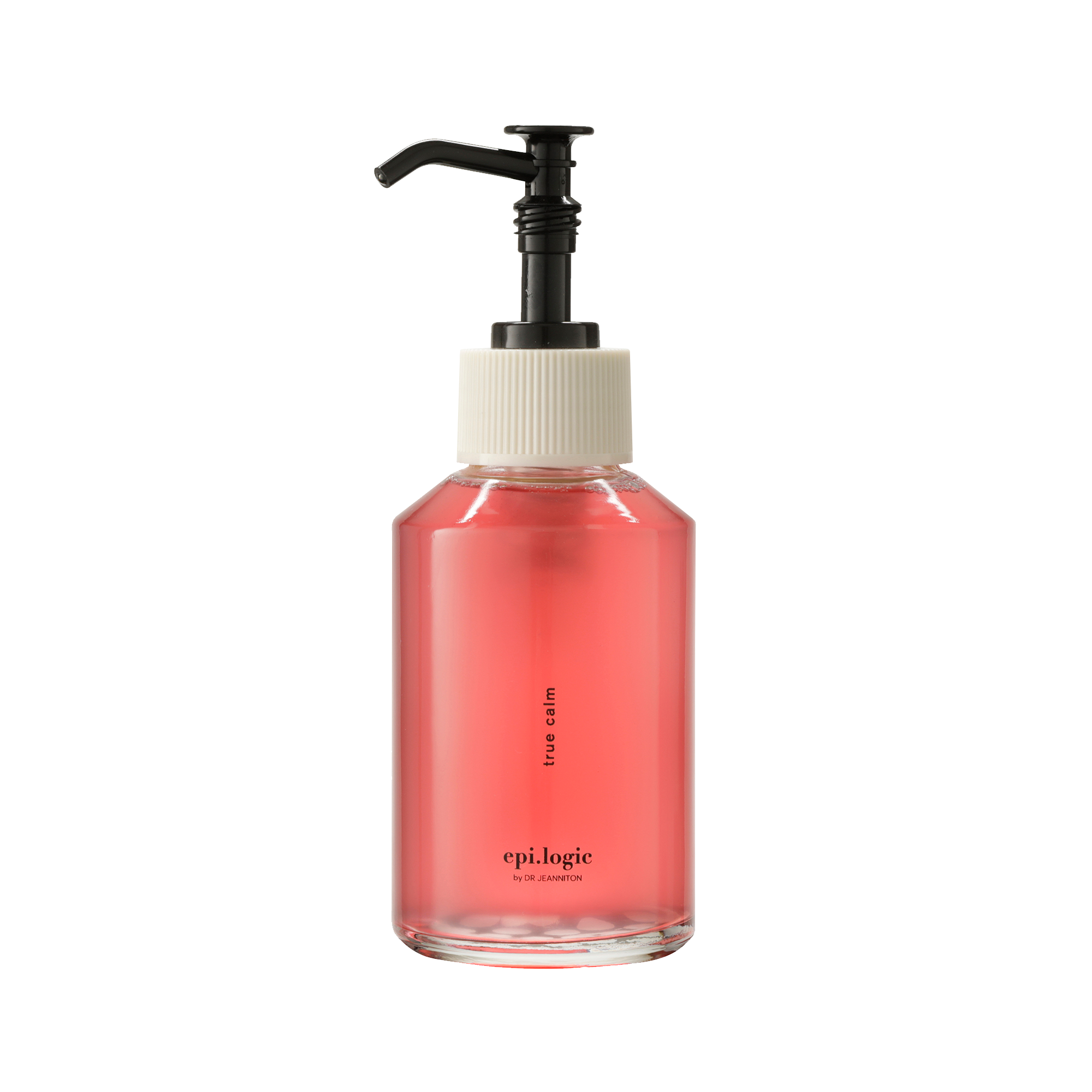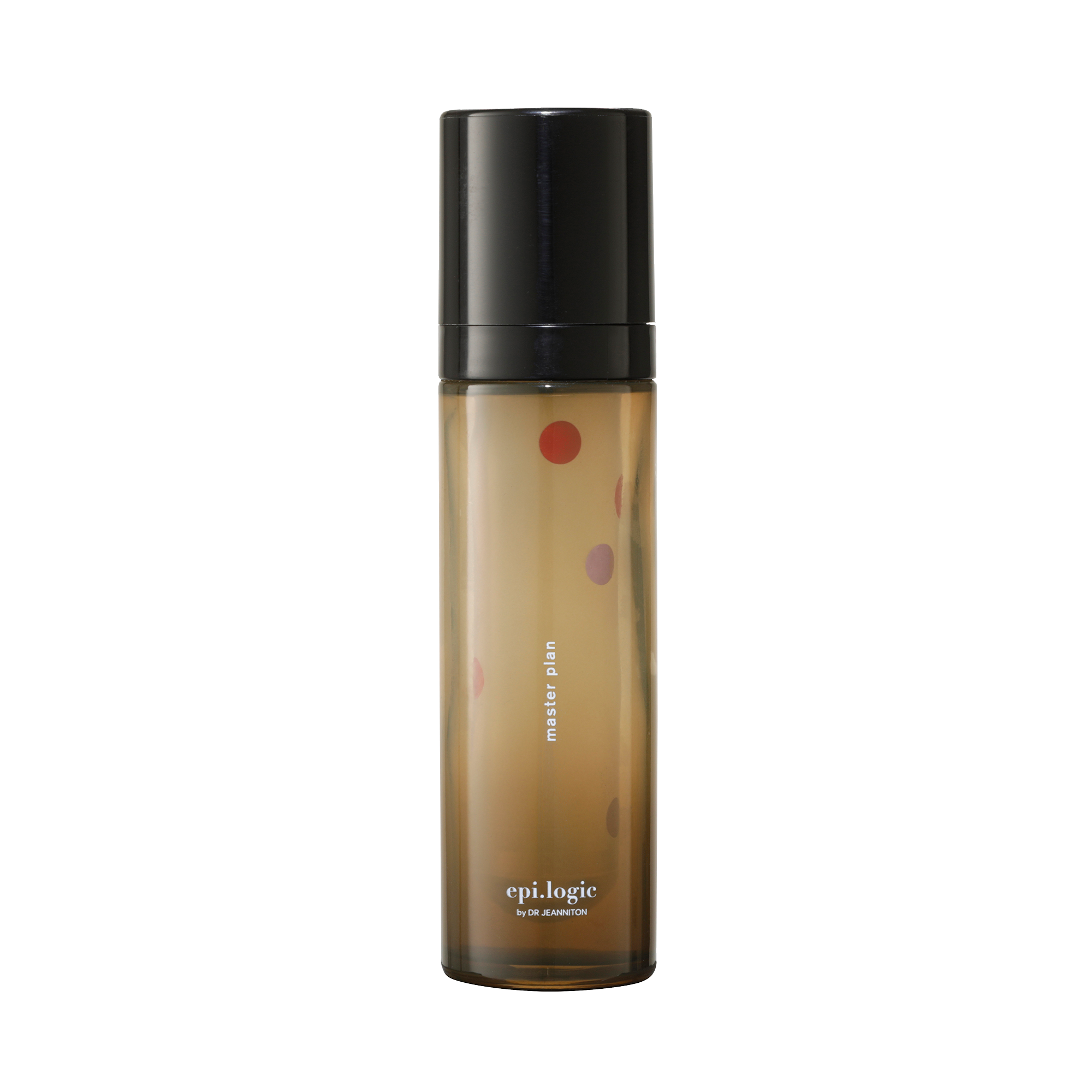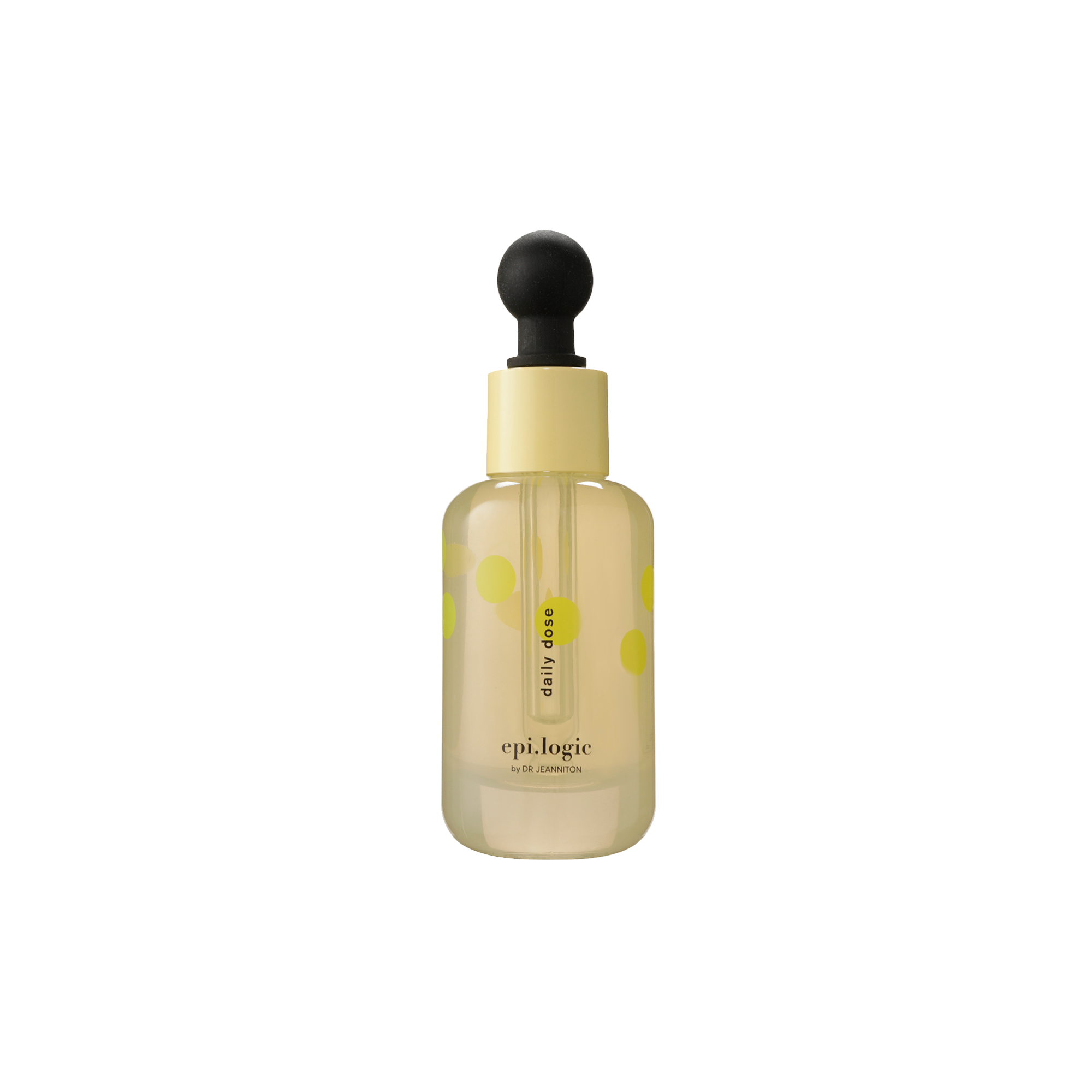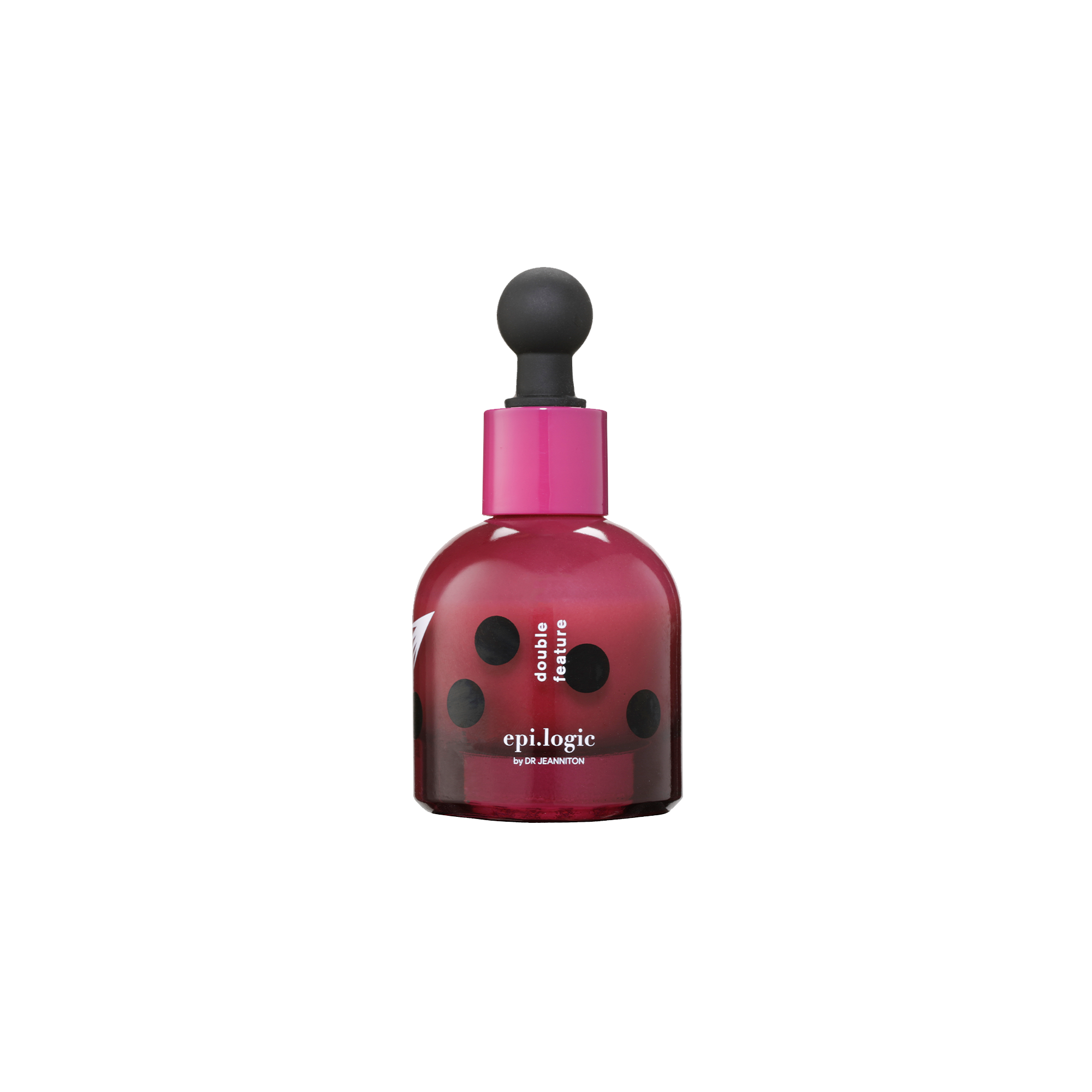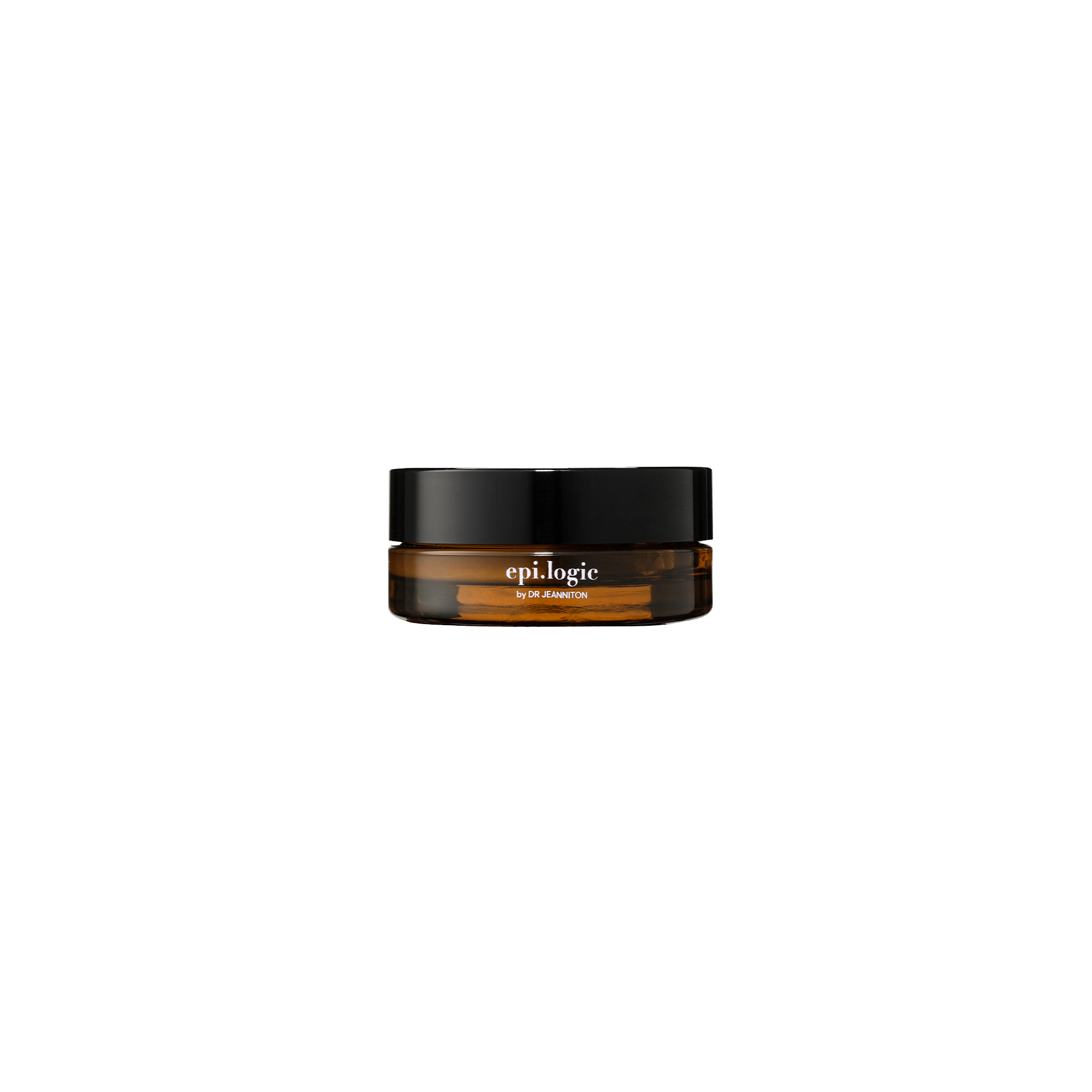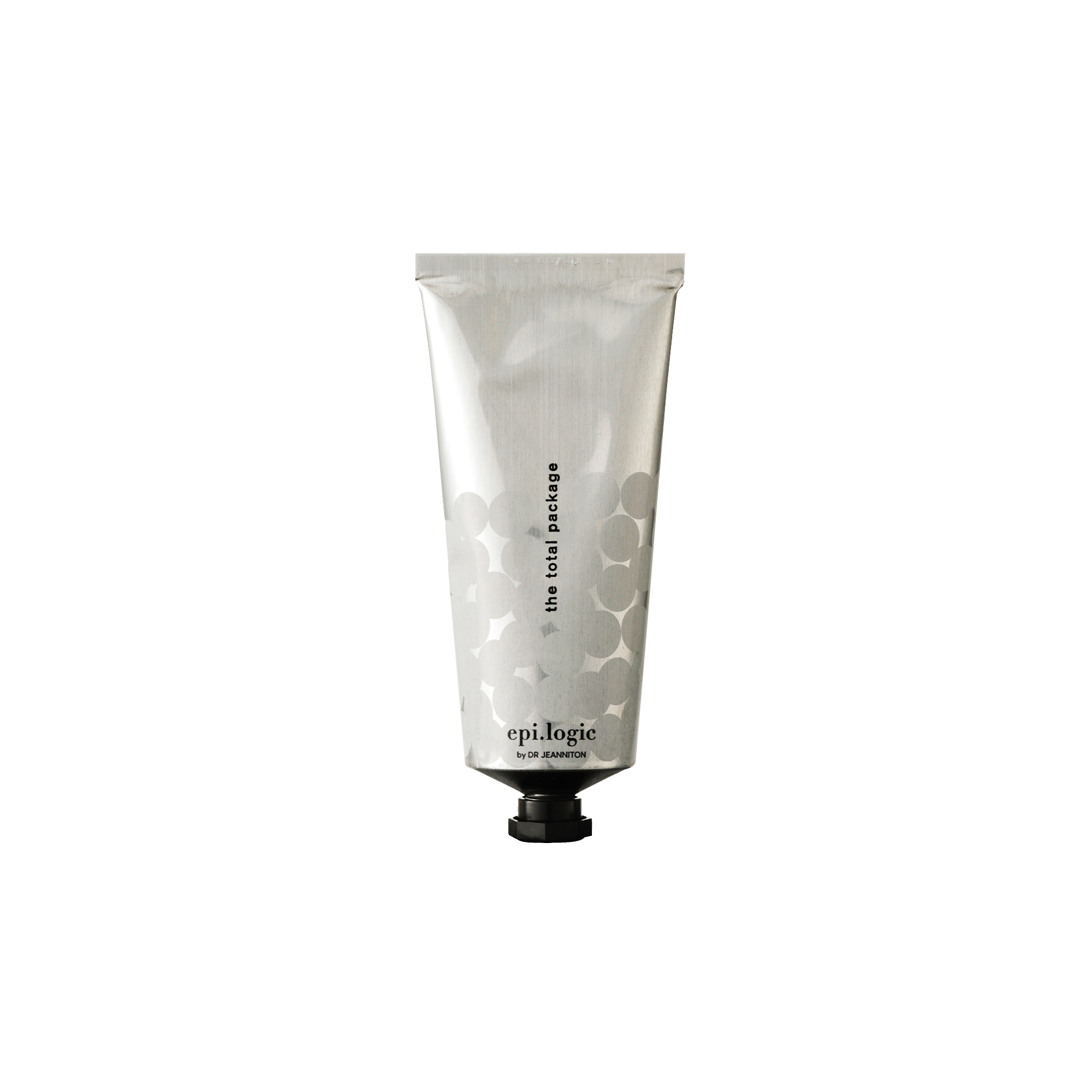Welcome back to our series on hyperpigmentation, where we cover the causes, treatment options and preventive measures for hyperpigmentation while debunking popular misconceptions along the way.
In chapter 1, we discussed some basics by answering frequently asked questions such as ‘what is hyperpigmentation’, diving into the main types as well as symptoms and risks of hyperpigmentation. This week, we’ll be covering some of the most common causes that contribute to hyperpigmentation. Why? The more you know about how hyperpigmentation develops, the better equipped you’ll be to avoid it in the future. Don’t worry though – we’ll also cover how to tackle existing hyperpigmentation; stay tuned for next week’s email drop!
So let’s get into it: Several factors contribute to the development of hyperpigmentation, but some are definitely more common than others – among them: sun exposure and inflammation. But also medications, vitamin deficiencies, hormone changes and genetics can cause hyperpigmentation.
Inflammation
Hyperpigmentation caused by inflammation, more commonly referred to as post-inflammatory hyperpigmentation (or short: PIH), is often the result of skin injuries, irritation or other inflammatory triggers. Essentially, it’s the body’s natural response to skin damage – and they can be as small as an acne breakout or a bug bite. Other causes include eczema, burns or existing scars. Especially frustrating is that treatment modalities intended to treat hyperpigmentation like chemical peels and lasers, can also be a cause of PIH. Very rude, we know. These insults have in common that they potentially spur on increased melanin production, resulting in dark spots. PIH is the leading cause of hyperpigmentation among African-Americans, with over 65% experiencing symptoms.
Melasma
When our hormones undergo significant shifts – particularly during pregnancy or menopause – hyperpigmentation is particularly prevalent, especially in the case of melasma. Contraceptives and hormonal therapy can also increase the likelihood of developing melasma. This form of hyperpigmentation predominantly affects women, accounting for 90% of cases.
Sun exposure
You can’t talk about hyperpigmentation without mentioning sun exposure. Despite the benefits of vitamin D, exposure to the sun’s ultraviolet (UV) rays contributes to hyperpigmentation. As mentioned last week, this type of hyperpigmentation is often referred to as solar lentigines or age spots. With exposure to UV light, melanin production ramps up, and the skin darkens as melanin levels rise. Intended to help protect the body from harmful UV rays, the distribution of melanin is not always even – so dark spots appear on the skin.

Medications
If you read patient package inserts carefully, you may find that hyperpigmentation is mentioned as a side effect for some medications. More rarely, some individuals experience fixed drug eruptions that can cause hyperpigmentation. It’s been reported that medications account for about 10-20% of the cases of hyperpigmentation. If you notice any skin changes while taking prescription drugs, please consult with a healthcare professional.
Vitamin deficiencies
We were (somewhat) joking about the benefits of Vitamin D exposure earlier. But fact is, that certain vitamin deficiencies, particularly in vitamin B12, can lead to skin discoloration. A well-balanced diet – potentially supplemented with vitamins when needed – can help address this cause of hyperpigmentation.
Genetics
Yes, you read that right – some have naturally a higher genetic predisposition to hyperpigmentation, making them more prone to developing dark spots in response to certain triggers.


Up next…
Stay tuned for chapter three, where we’ll discuss how to prevent hyperpigmentation – out next week. We swear, we’ll discuss more than SPF! As always, if you have any feedback or questions, please reach out to us on social, email or other channels – we’d love to hear from you.

